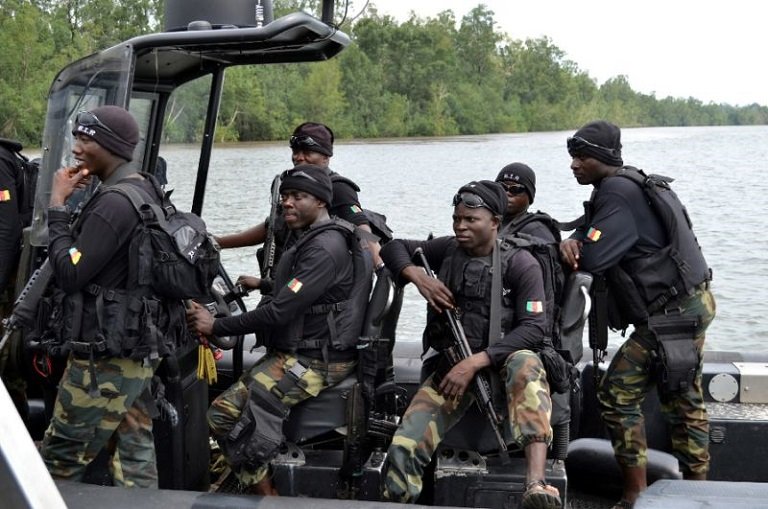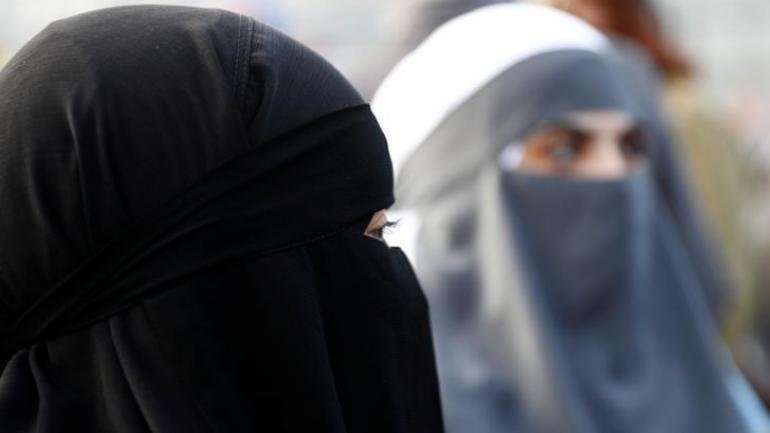
The United States military has opened an inquiry into allegations of torture and murder of suspected Boko Haram militants at a Cameroonian army base used extensively by American troops, a spokesman said on Friday.
Rights group Amnesty International said last month it had documented 101 cases of arbitrary arrest and torture by Cameroonian troops charged with fighting the Nigeria-based jihadist group between 2013 and 2017.
Eighty of the cases occurred at the elite Rapid Intervention Battalion (BIR) headquarters at Salak, in Cameroon’s Far North region, which has been hit hard by spillover from the eight-year insurgency in neighbouring Nigeria.
French and US troops have been operating out of Salak for several years, with Amnesty saying it had video evidence proving “regular presence of US personnel in numerous locations across the base”.
READ: National Assembly ready to pass new minimum wage – Saraki
Mark Cheadle, a spokesman for the U.S. military’s Germany-based Africa Command, said a “commander’s inquiry” had been set up, although he was unable to provide details of its progress.
Boko Haram attacks have killed more than 20,000 people and displaced 2.7 million in northeast Nigeria and adjacent areas of Chad, Niger and Cameroon.
Although the Chibok girls are the most high-profile case, Boko Haram has kidnapped thousands of adults and children, many of whose cases are neglected, aid groups say.
Girls who were abducted by Boko Haram from Chibok and Damasak in Borno State in April and November 2014, “continue to be subjected to rape, sexual slavery, forced marriage and impregnation by Boko Haram insurgents,” the panel said.
Nigeria’s presidency referred a request for comment to the ministry of women’s affairs. The ministry was not immediately available for comment.
In May, Nigerian officials said that the Chibok girls found last year would be going back to school in September.
“Of course we commended (Nigeria) for the rescue of 100 of them who are currently, we’re told, kept in Abuja, going through psycho-social counselling,” panel member Hilary Gbedemah told Reuters.
Many girls in the northeast have dropped out of school due to the insurgency and schools must be secured to protect students, the panel said.











